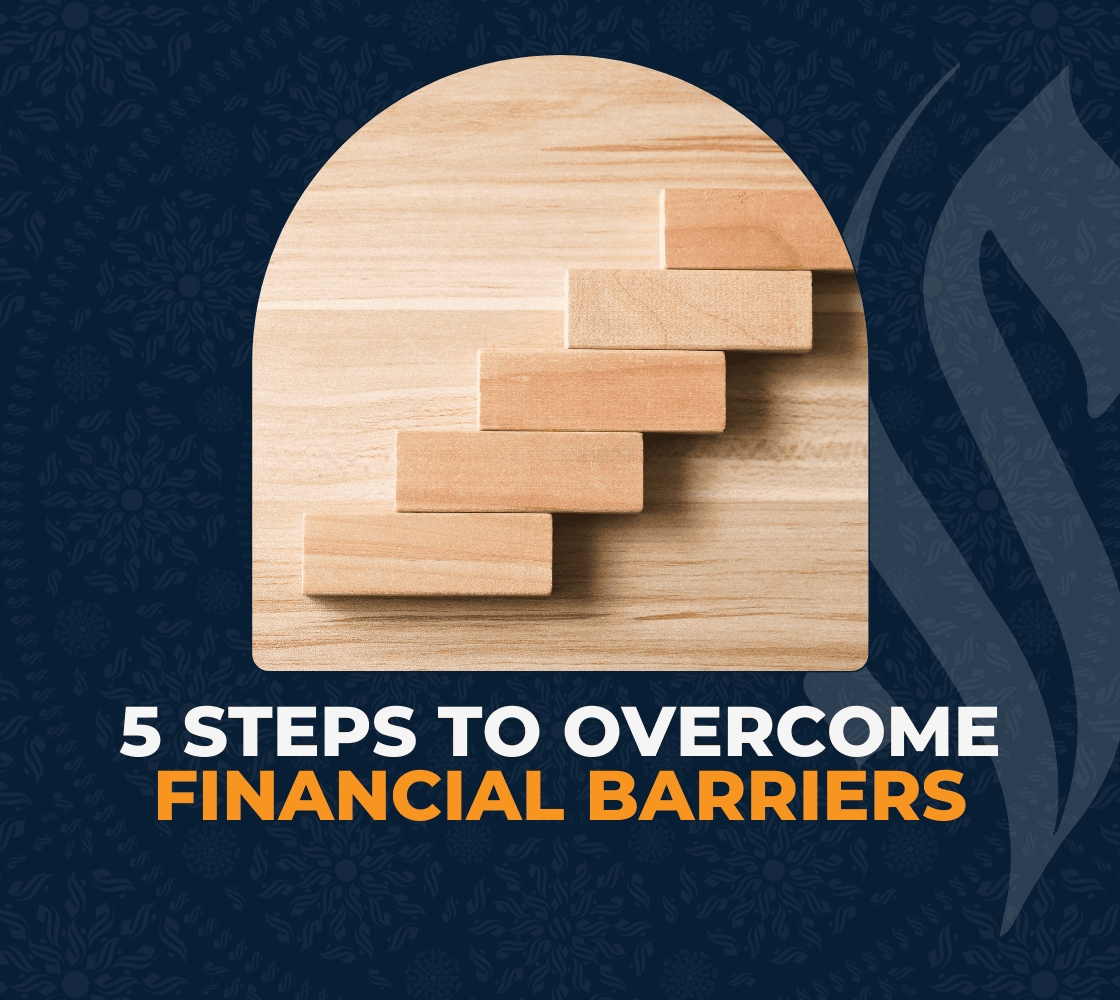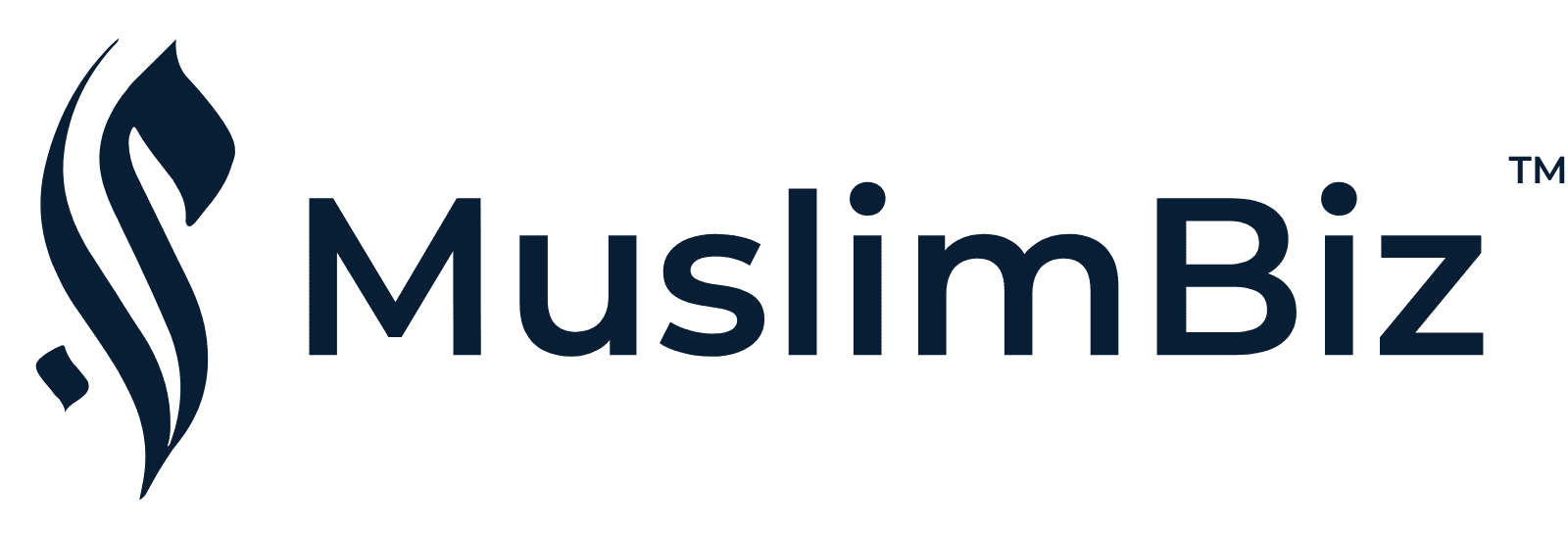Setting goals is crucial, but tracking your progress toward those goals is what will ensure you stay on the right path. Without monitoring your key performance indicators (KPIs), you’ll have no way of knowing whether your efforts are actually moving your business forward or if you’re simply spinning your wheels.
Tracking progress goes beyond just looking at revenue. It involves monitoring a variety of metrics, including budgeting, expenses, client acquisition, and productivity. Technology tools like enterprise resource planning (ERP) systems can help you track all of this in real-time, giving you the visibility you need to stay on top of your business’s performance.
By setting clear milestones and using reliable tracking tools, you’ll be able to see where your business is succeeding and where it needs improvement. With this insight, you can make data-driven decisions and adjust your strategies as necessary.
This step is also about ensuring that your business is ready for growth. While some companies may be in a position to scale immediately, others may benefit from taking a more cautious approach by refining internal processes first or positioning themselves more strategically within the market. Monitoring your progress will give you the clarity to make these decisions wisely.




